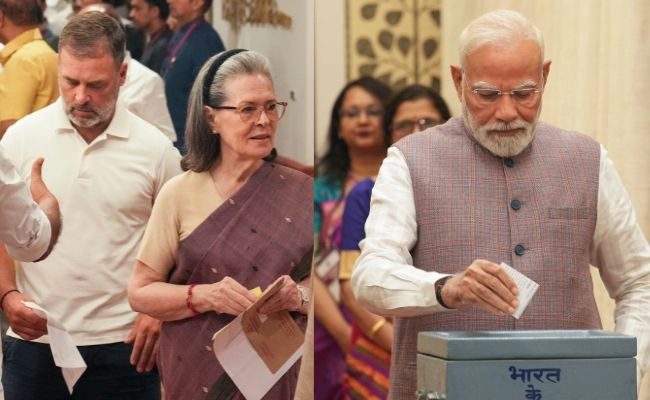India has expressed strong disapproval of Pakistan’s recent comments regarding India’s Waqf Act, labeling these remarks as hypocritical and indicative of Pakistan’s own troubling record on minority rights. The Waqf Act, which governs the management of properties donated for religious or charitable purposes, has been a subject of scrutiny; however, India’s response underscores the broader context of Pakistan’s treatment of its minority communities. By highlighting Pakistan’s own abysmal record concerning issues of religious freedom and minority protections, India aims to shift the narrative and emphasize the need for introspection on Pakistan’s part.
Officials from India pointed out that Pakistan has consistently faced international criticism for its treatment of religious minorities, particularly Hindus and Christians. Reports indicate that these groups often encounter significant challenges, including forced conversions, discrimination, and violence. In contrast, India has made efforts to uphold the rights of its diverse population, including various religious communities. By drawing attention to this disparity, India seeks to remind the international community of the need for Pakistan to address its internal issues before casting judgment on its neighbors.
The diplomatic tension surrounding the Waqf Act comments reflects a deeper, ongoing rivalry between India and Pakistan, rooted in historical conflicts and differing national narratives. While both nations grapple with the complexities of governance and societal challenges, India’s rebuttal to Pakistan’s statements serves as a reminder of the broader geopolitical dynamics at play. The discourse surrounding the Waqf Act has now evolved into a platform for India to underscore its commitment to minority rights while simultaneously holding Pakistan accountable for its own human rights record.
In conclusion, India’s strong response to Pakistan’s comments on the Waqf Act not only highlights the contentious relationship between the two countries but also calls for a critical examination of minority rights within Pakistan. As the international community observes these exchanges, the focus may shift towards ensuring that both nations prioritize the protection of their respective minority populations, fostering an environment of tolerance and respect. This situation serves as a poignant reminder of the importance of addressing internal issues before engaging in external critiques, especially in a region marked by historical grievances and complex interrelations.




